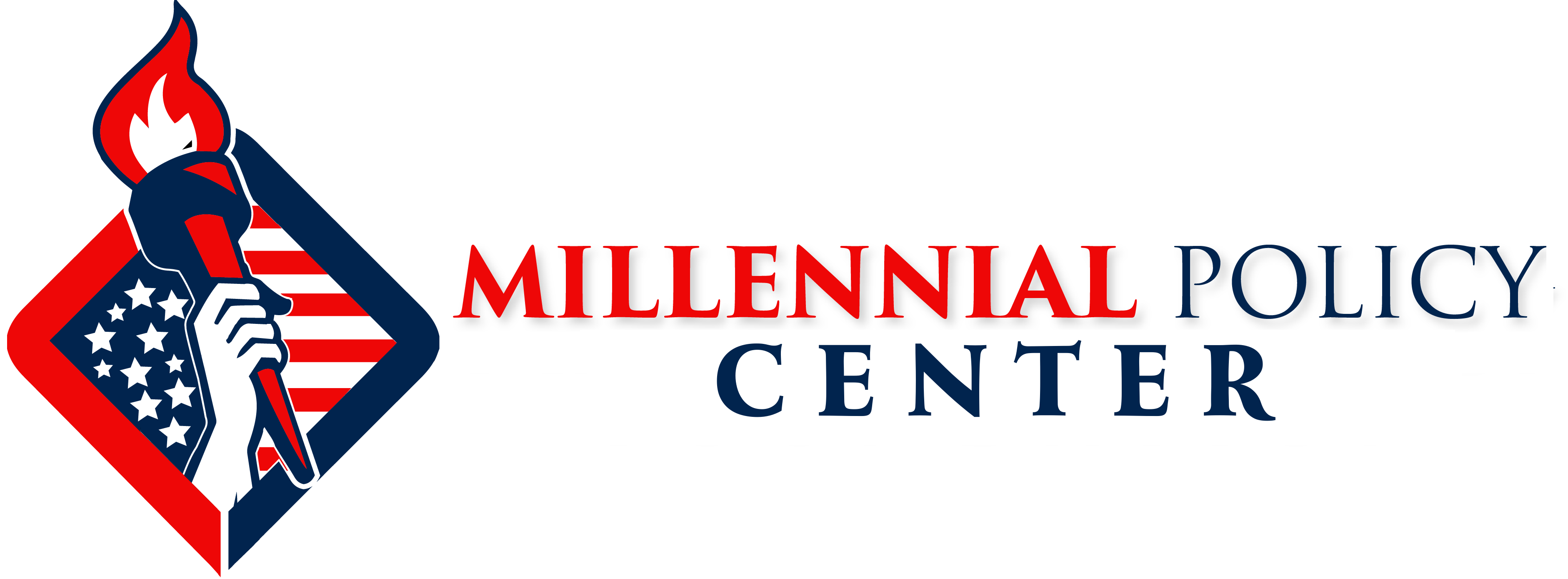Ambassador Dennis Ross on the regional peace efforts: “There is a strange paradox today. There is a desperation amongst Saudi Arabia and other Sunni states for the US to stay in the region. There is a desire to ensure that the US isn’t going to retreat, and there is fear that after Raqqa and Mosul that the US may say mission accomplished and won’t stay there. That gives the Trump administration leverage with them. If the administration uses the leverage and says: OK - here is what we want from you on the peace issue they may well do that, but they will say if we are going to reach out to Israelis we have to show that we are delivering something for the Palestinians which they cannot deliver themselves.”
Earlier last week, diplomatic veteran Dennis Ross commented on shifting geopolitical sands in the Middle East that are reshaping the region and opportunities these events offer the United States. As the US and its allies continue to take back territory from ISIS, and in an “America First” era, Arab leaders fear the US may withdraw from the region and worry how such a power vacuum will impact their interests. This gives the US new leverage in the war against terror and on Middle East peace.
When president Trump made his first overseas trip to Saudi Arabia he sent a strong message to ISIS and all terrorist organizations of his commitment to eradicating them from the earth. The president gave a historic speech to Arab heads of state and senior religious and government officials from across the region that flew to the Kingdom to meet with him. In the speech he reiterated the commitment of the United States to fight this terror but also spoke forcefully of the need for these countries to step up their efforts in fighting it.
“But the nations of the Middle East cannot wait for American power to crush this enemy for them,” the president declared. “The nations of the Middle East will have to decide what kind of future they want for themselves, for their countries, and for their children. It is a choice between two futures — and it is a choice America CANNOT make for you. A better future is only possible if your nations drive out the terrorists and extremists. Drive. Them. Out. DRIVE THEM OUT of your places of worship. DRIVE THEM OUT of your communities. DRIVE THEM OUT of your holy land, and DRIVE THEM OUT OF THIS EARTH.” The president offered American support but also gave an ultimatum requiring these leaders to step up their efforts in fighting radical Islamic terrorism.
This less conventional and fresh approach the Administration is taking to the region is keeping Arab leaders on their toes and causing them to realize how much they need American power in the region. On the home front, after trillions of dollars have been spent and thousands of American lives lost large amounts of the American public want the US to pull out and come home. These factors are increasing pressure upon Arab leaders to produce results in fighting terror and in making new efforts for Middle East peace. The American people want to see real results in their involvement and investment in the Middle East.
While not only pushing these nations to double down on their efforts to confront terrorism, there is new opportunity to push the Arab parties to normalize relations with the region’s only democracy, Israel. Arab leaders have become increasingly concerned and threatened by the destabilizing actions of Iran across the region. Losing American power to counterbalance Iran’s terror activities through Hezbollah, Hamas, the Houthi rebels, and in Syria could spell disaster for many of these nations. One of the most positive developments to come out of Iran’s nefarious activities has been an unprecedented increase in military and intelligence cooperation between Israel and Saudi Arabia (as well as between Israel and other Arab countries).
The US can use its leverage to encourage more of this cooperation between Israel and the Arab states in pursuit of not only counterbalancing Iran, but also towards normalization, full diplomatic relations, and peace. Increasing cooperation will bring the parties closer to discuss a more comprehensive peace agreement. The big question will remain if the Israelis and Palestinians specifically can reach a peace agreement, something that has been held up by the Palestinian Authority’s refusal to recognize Israel’s existence and their continual support of terrorism through incitement and financial incentives.
In the mean time, Jared Kushner, Jason Greenblatt, and other senior White House advisors spearheading the new peace efforts can apply pressure and encourage the Arab states to work more with Israel on confronting threats from Iran and beginning the process of normalizing relations. There is the potential for much progress to be made on the peace issue between Arab states and Israel with this American leverage and through our shared interests in stopping the terror march of Iran.
Samuel Lourie is a Foreign Affairs Fellow at the Millennial Policy Center.

